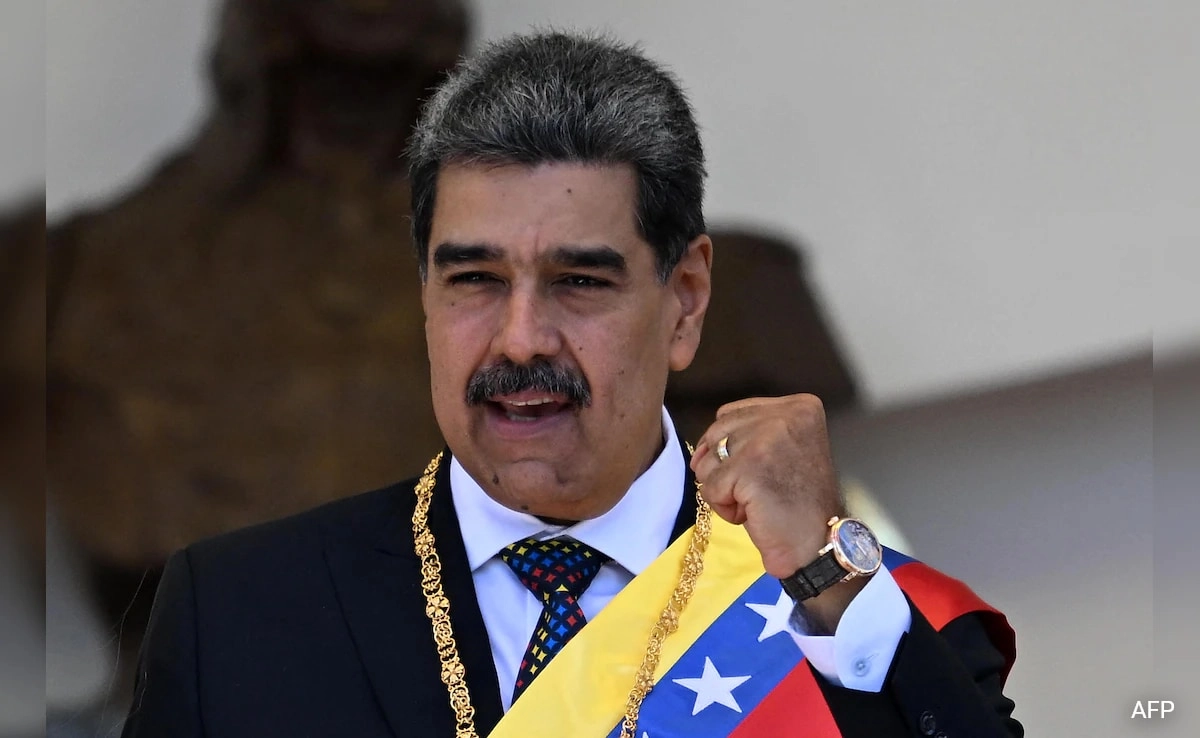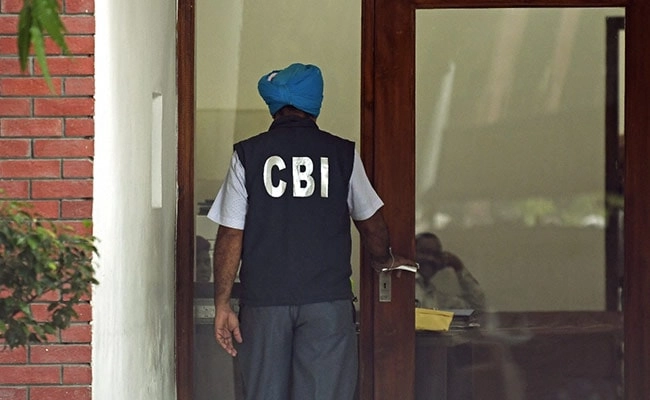The United States has significantly ramped up its efforts to bring Venezuelan President Nicolás Maduro to justice by increasing the reward for information leading to his arrest to an astonishing $50 million. This move reflects the U.S. government’s ongoing commitment to addressing the political and humanitarian crises in Venezuela, which have been compounded by allegations of corruption, drug trafficking, and human rights abuses under Maduro’s regime. The announcement not only underscores the seriousness with which the U.S. views Maduro’s actions but also serves as a call to the international community to assist in efforts to hold him accountable for his alleged crimes.
Nicolás Maduro has been a controversial figure on the global stage, leading a government that has faced widespread condemnation for its authoritarian practices and the dire economic situation in Venezuela. The country has been grappling with hyperinflation, widespread poverty, and a mass exodus of its citizens seeking better opportunities abroad. The U.S. has long accused Maduro and his administration of engaging in narcotics trafficking, which has fueled drug-related violence and instability in the region. By raising the reward for his capture, the U.S. seeks to dismantle the networks that have allowed him to maintain power despite mounting opposition and international sanctions.
The $50 million reward is part of a broader strategy aimed at destabilizing Maduro’s regime, which has defied numerous attempts at political reform and dialogue. The U.S. has previously imposed sanctions on Maduro and various members of his government, targeting their financial assets and restricting their travel in an effort to isolate them globally. The hope is that by increasing the stakes for individuals who may have information about Maduro’s whereabouts or activities, the U.S. can foster an environment conducive to his arrest and eventual prosecution.
Moreover, this substantial reward is likely to attract the attention of potential informants both within Venezuela and abroad. The U.S. administration is hoping that individuals who may have previously remained silent will come forward with actionable intelligence in exchange for the financial incentive. This tactic is not unprecedented; similar rewards have been used in past cases involving international fugitives and war criminals, demonstrating the U.S. government’s willingness to leverage financial resources to achieve its foreign policy objectives.
In conclusion, the U.S. increase in the reward for Nicolás Maduro’s capture to $50 million marks a significant escalation in Washington’s efforts to confront the Venezuelan leader. It reflects a multifaceted approach to not only hold Maduro accountable for his alleged crimes but also to encourage a shift in the political dynamics of Venezuela. As the situation continues to evolve, the implications of this reward will be closely monitored, both in terms of its potential effectiveness and its impact on the broader geopolitical landscape in Latin America.




